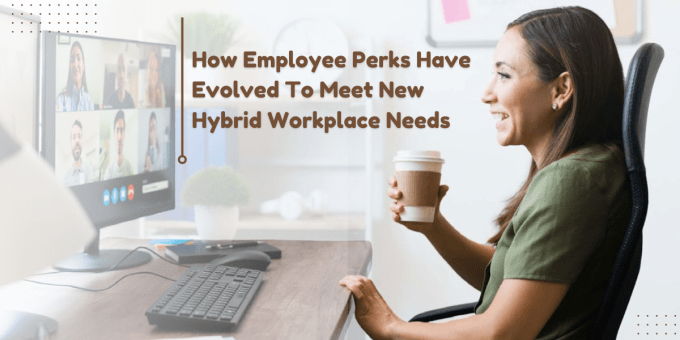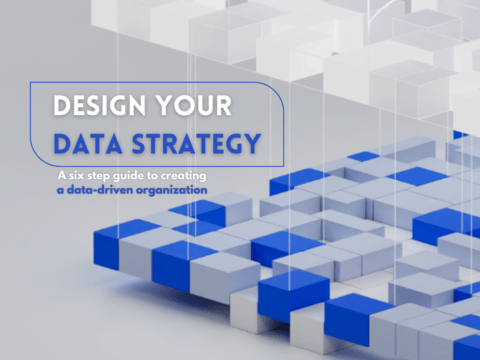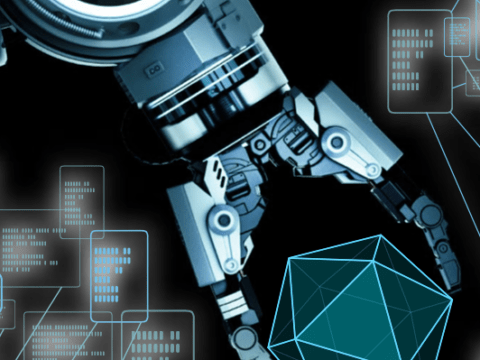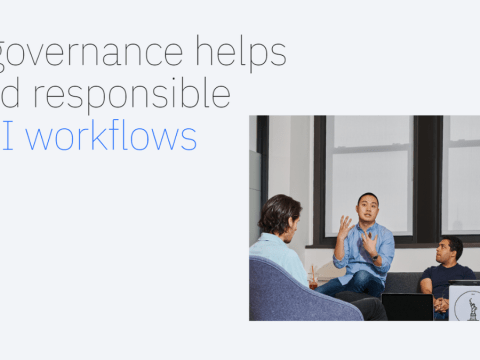
Today, organizations have a rare opportunity to redefine what it means to be an employer. It’s an exciting moment for workers and new professionals as they get to watch long-accepted employer-employee structures fall and rebuild.
Of course, there is no change without challenges. Workplace leaders have been tasked with reinventing their workplace experience on the fly. According to Accenture, 83% of employees say a hybrid work model in which they can work remotely between 25% and 75% of the time is optimal but hybrid work, for many companies, is still a new working model.
As businesses continue to determine the right balance between remote options and in-person collaboration, specialized perks and benefits play a crucial role in the retention and engagement of employees but also improves efforts in talent acquisition.
Superficial perks, like ping pong tables in the breakroom and free cold brew, are still technically viable in a hybrid environment, but they’re not as valuable to workers as they once were. The office’s role has shifted from a central hub to a clubhouse where employees come in to collaborate with their peers and leverage company assets to get their work done.
Please fill out the form to access the content
Resource Sponsored By









